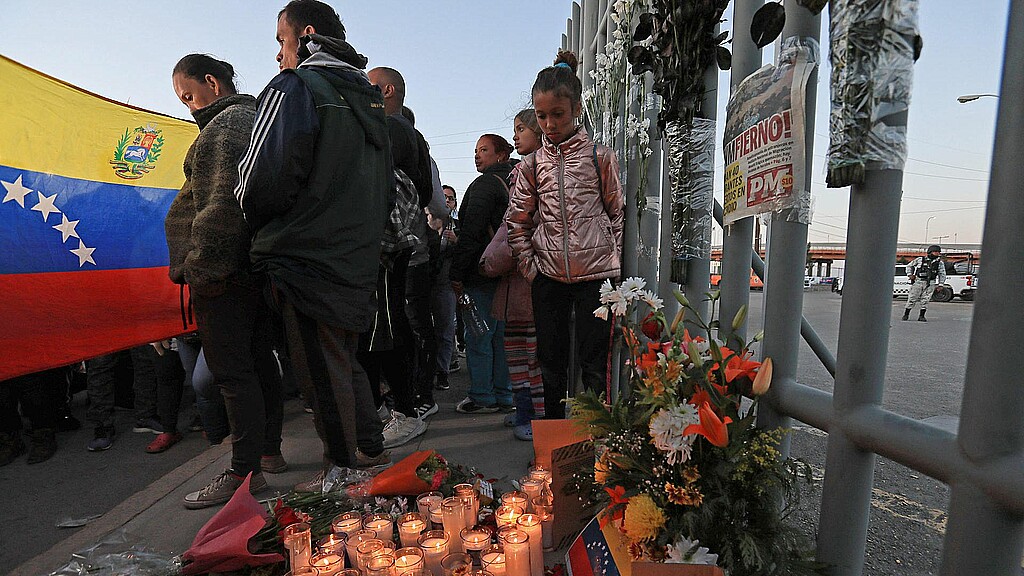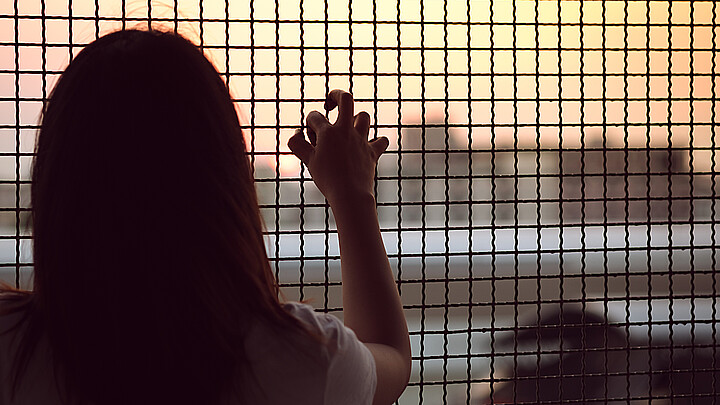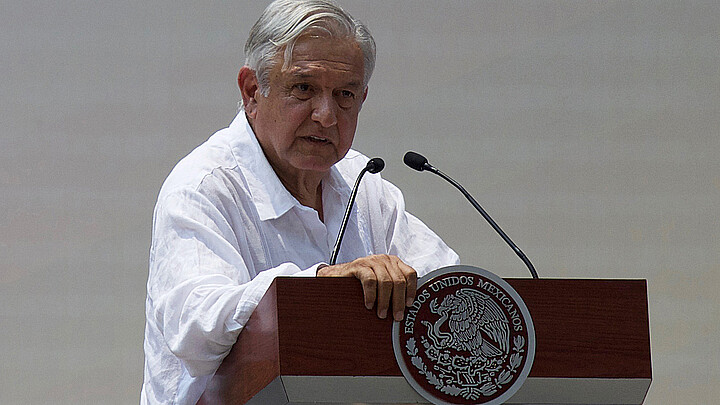Human Rights
Migrants who died in Mexico facility fire were locked up because they couldn't pay $200 bribe: report
"Each migrant paid between 200 and 500 dollars to be released," said a guard on duty the day of the fire

April 9, 2023 11:15pm
Updated: April 9, 2023 11:15pm
The 40 migrants held in a Ciudad Juárez detention center died in a fire there in late March because they could not pay a $200 bribe to be released, according to survivors.
The five testimonials from survivors and guards at the facility, compiled by VICE, describe an "extortion center" where only migrants who could pay went free.
"I'm only alive because my family paid," said a Venezuelan migrant identified as Joan, who was detained for four hours in that center on the same day as the fire, on March 27.
"If you were arrested and kept in this jail, there were only two ways out. Either you transferred $200 or they sent you back to your country," added the 28-year-old.
Two private security guards who worked at the detention center confirmed to VICE that family members of detained migrants deposited extortion payments into officials' personal bank accounts.
They even alleged that the money was shared with the entire official structure, including the staff of the National Institute of Migration (INM).
"Each migrant paid between $200 and $500 to be released," said a guard who was on duty the day of the fire.
The fire of the migrant's facility in Ciudad Juárez, left 27 injured, 23 of whom are still hospitalized. Six people, including an inmate and officials who failed to evacuate the victims, have been charged with murder in connection with the incident.
The fire is believed to have been started by a small group of migrants protesting a deportation, with at least one person setting the mattresses on fire.
Recordings from the facility's security cameras show that the guards walked away when the fire started inside a cell and did not attempt to free the migrants, but it remains unclear whether they had access to the cell keys.









